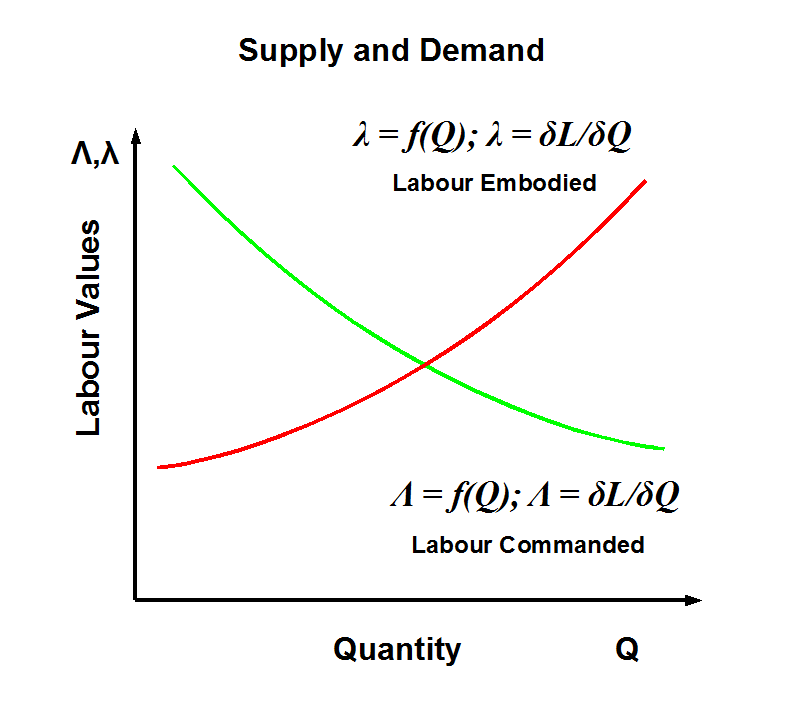This blog is no longer devoted exclusively to discussion of class bias in higher education although it is pervasive. But then, again, it is pervasive everywhere in the US. I've run out of gas on that. Not only that, I've lost some of my rile about my own law school. So I'm just winging it.
Wednesday, August 06, 2014
The Public Law School Dilemma
Recently a colleague circulated a list of various specialties our law school offers and the enrollment in the highest enrollment classes within each specialty. In effect, it was a assessment of the demand for various classes. The effort was to assist us in long term planning. Where are we using resources and where should they be used? It is a really tough question for public law schools which I guess are really only quasi-public these days.
As one might expect, the demand for law school classes is a derived demand. That is, demand is determined by what is selling in the market. So, there is a high demand for business oriented courses and a low demand for family law, environmental, criminal law, and poverty law.
To me this captures the dilemma of today's law schools. Do they serve market demand or not. I think I know what most will do if for no other reason than to survive. The problem is that public law schools exist, or so I thought, to produce public goods. I cannot think of another justification. Why else force tax payers to foot a substantial part of the bill?
The public good rationale would mean offering courses in areas in which attorneys cannot internalize the benefits of the services they sell. This would mean more attorneys specializing in consumer law, perhaps family law, and environmental law -- all areas with poor financial prospects because the demand (or should I say need) for those areas is not manifested in the market.
The problem is that while my school offers a huge supply of those types of training, the demand is very low. If one were only interested in matching supply and demand there are two answers. One is to decrease supply. The other is to increase demand or apparent demand. In other words, make those classes more attractive to students and I do not mean by giving everyone an A. Instead, you stimulate demand by making investment in those area attractive. I do not suppose there is any way to cause salaries to increase but another approach would be to decrease costs so that the return to investment rises.
What does this mean? Perhaps differential tuition for those willing to practice, at least for some period of time, in areas in which there are public good elements. Or scholarships for those willing to concentrate in those areas.
Pie in the sky, I know but if public schools only serve market demand, why do they exist?
Subscribe to:
Post Comments (Atom)

3 comments:
This poses a very interesting question, to which a partial response might be, should the law school curriculum be a buffet, and if particular dishes don't draw much demand, we should stop offering them? Or are there some "dishes" that should be offered no matter what the demand because, like brussel sprouts, they are "good" for you? Your mileage might vary, but Federal Courts might be an example, where at some schools, it has a low enrollment tilted in favor of the students seeking federal clerkships, etc. I presume that no matter how low the enrollment, Fed Courts is a course that you have to offer. Obviously, this is a peculiar example I'm drawing, and I'm guessing that you are speaking of boutiquey courses....
I like to think about it this way. Taxpayers subsidize UF Law so that Florida Residents can then have a lower tuition rate. Because those residents are likely to stay in Florida after attending UF they are helping out Florida, even if it is not directly helping people by working as a public defender etc.
Fred, do you think lawyers charge less depending on whether their education was for was not subsidized or do they charge what the market will bear?
Post a Comment